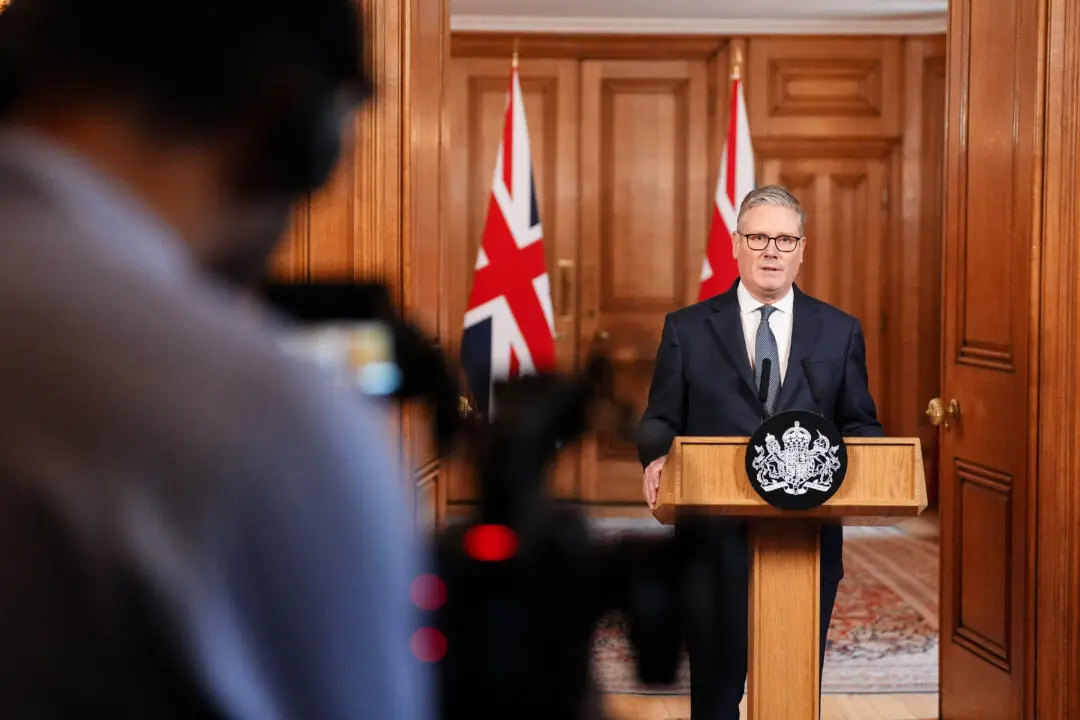Some British church leaders are concerned that the UK government’s plans to press ahead with a ban on so-called conversion therapy could effectively criminalise prayer.
The proposed legislation will mean therapy to attempt to change people’s sexuality will be banned, and introduce a new criminal offence alongside sentence uplifts for existing ones.





